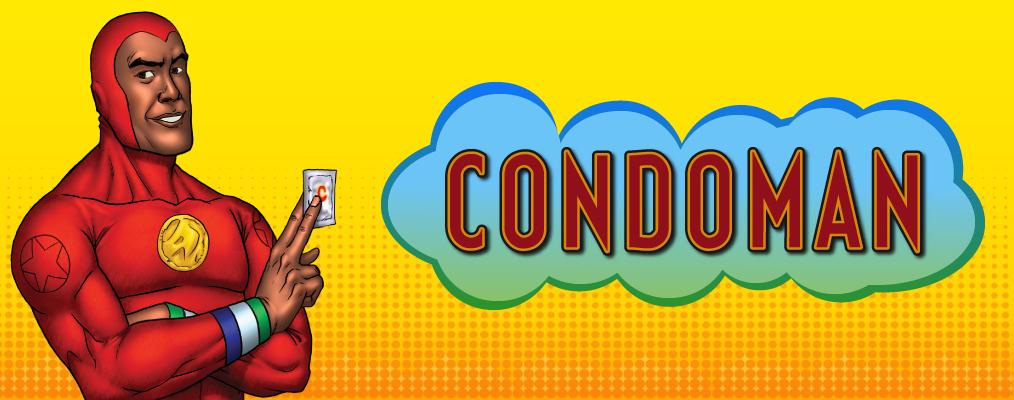What is it?
HIV stands for Human Immuno-deficiency Virus. HIV is found in blood, semen (cum).
HIV
Sometimes when people first get HIV they get headaches, fever and flu like symptoms. This usually goes away without special treatment. People living with HIV may have no symptoms and can feel well. They can pass it on to anyone they have sex or share injecting equipment with.
HIV breaks down the body's natural defence against diseases and can cause damage to other organs in the body. Once someone has HIV they have it for the rest of their life.
How do you get It?
HIV can be passed on through sex without condoms and lube.
HIV can also be passed on by blood to blood contact (eg. sharing injecting, tatooing and piercing equipment such as needles, syringes, swabs, torniquets and butterflies).
Having a sexually transmissible infection (STI) can increase your chance of getting or passing on HIV. You CAN'T get HIV from kissing, hugging, sharing cups and plates, insect bites, swimming pools, toilet seats, shaking hands or any everyday social contact. Condoms are the best form of protection from getting HIV.
What if I have it?
A health clinic or doctor can do a test for HIV. They will ask you questions about why you think you might have HIV. This talk is private. If you want to go ahead with the test, they will then take a sample of blood and test it for the HIV virus.
There is NO CURE for HIV. If you have HIV there are things you can do, and medicine and tests you can take to keep you healthy. There are also people you can talk to, either by phone or in person at most of the services.
People you have sex with
If your test comes back positive that you have HIV, it is best to let people you have had sex with know they should be tested. If you are too shame, the clinic can do it for you without telling anyone your name. Don't share tattooing, injecting or piercing equipment.
Unlike most other STIs, there is NO CURE for HIV, so it is important that people get tested regularly so they don't pass on the infection, and can take care of their health.
What if I don't know I've got it?
HIV often doesn't present any symptoms, the only way to know for sure is to have a blood test.
Even if you don't think you have HIV, it is good to do things that don't put you or others at risk of getting HIV. So using condoms when engaging in sex, and not sharing tattooing, piercing or injecting equipment will keep you healthy from all STI's, HIV and hepatitis too.
For more information about HIV, ask someone at your clinic or doctor.
The future
HIV is an infection that can cause serious sickness. There are many treatments availablle for people living with HIV. With regular treatments and check ups, people living with HIV can have a full and productive lives.
Stay safe and be responsible by using condoms and lube; injecting, piercing and tatooing safely; and get a sexual health check up every 3 to 6 months depending on how much sex you are having.
People living with HIV need support. respect, care and acceptance in their community to have a healthy happy life.
Go to the clinic for a full sexual health check up.




